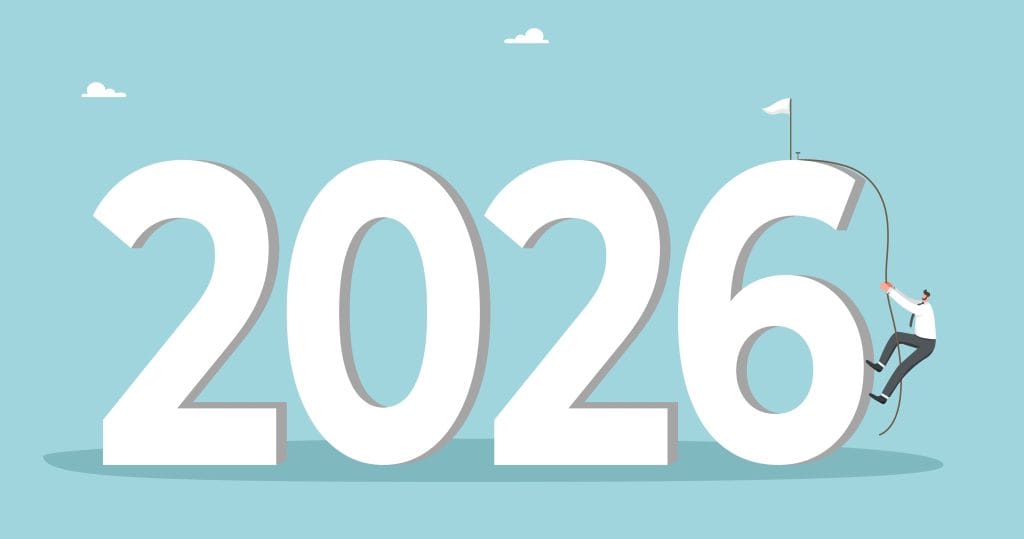Last updated on November 20th, 2025 at 01:11 am
Last updated on November 5th, 2025 at 11:19 am
 “As a practice expands and begins hiring a full complement of staff, I’ll find at times that there’s a confusion between the duties of a treatment coordinator and a financial coordinator. A number of practices tend not to differentiate between the two when they are actually entirely different positions.”
“As a practice expands and begins hiring a full complement of staff, I’ll find at times that there’s a confusion between the duties of a treatment coordinator and a financial coordinator. A number of practices tend not to differentiate between the two when they are actually entirely different positions.”
Now, before I get into the differences between the two, I wanted to mention that we have a free e-book that has a ton of information on comprehensive case acceptance. This is knowledge that both the doctor and Treatment Coordinator should have. You can download it by clicking here.
With that said, here are the differences between a Financial Coordinator and a Treatment Coordinator:
A Financial Coordinator is responsible for the administrative actions required to collect money. This would include things such as filing insurance, following up on insurance, entering and verifying insurance information in the computer, following up on patient balances, sending out statements, keeping accounts receivable under control, collecting over-the-counter payments and co-pays for routine treatment. A financial coordinator is an administrative position, not a sales position. They don’t generate income per se; they collect money on production that has already been done and ensure that the accounts are in order.
A Treatment Coordinator is a sales (case acceptance) position. A treatment coordinator closes or assists in closing the treatment plans generated by the doctor. They take responsibility for the entire patient base and work toward having no patients with incomplete treatment plans. This is a very important position if you consider that the first action in the cycle of production in a dental practice (once the patient has been brought in) is treatment acceptance. Treatment cannot be produced unless it’s been sold.
(Related: Financial Arrangement Tips in a Dental Practice)
Ordinarily in an office without a treatment coordinator, the doctor will diagnose and “sell” the treatment (meaning educate the patient about treatment and get it accepted), and then it is left up to the financial coordinator or front desk to collect. It often breaks down at the front desk when the price comes up, because the front desk is not trained to handle a patient’s objections and the various barriers that can come up. Another variation of this is the doctor sells treatment, including a review of fees, and gets the patient “closed” on pursuing treatment. This is the preferred scenario and it puts the doctor in better control of his or her schedule.
The problem with this second scenario is that as an office gets busier, it can take the doctor away from producing and eats up their time with selling. As more cases are sold and the doctor’s schedule becomes tighter and tighter leaving them with less time to sell, treatment presentations can become rushed. As a result, case acceptance drops, which means production will soon follow, translating into a less productive scene and fewer patients getting the treatment they need. So as you grow, there can come a point where closing all the treatment yourself is no longer efficient. This is when you need a treatment coordinator.
To that end, knowing exactly how to present a treatment plan effectively is key. We cover this subject in detail at our free CE seminars—4-hour live webinars we offer online. And if you can’t make it to one of the workshops, we offer Treatment Coordinator training (and training for every position in a dental office) on our online training platform, DDS Success.
Can This Job Be Done by the Office Manager?
Some doctors have their office manager double as a treatment coordinator. In a smaller practice this can work, but again, as the practice expands, you’ll end up with a treatment coordinator instead of an office manager (which is unworkable as office manager is a critical position). The office manager coordinates all the production in the organization and runs the whole show, so you would wind up with a leaderless group if the office manager isn’t doing his/her job full-time.
It will really come down to your individual practice and whether or not you can maximize your productivity with someone working on case acceptance only part-time. A practice that has at least 1500 charts and about 50 new patients per month is certainly ready for a full-time treatment coordinator.
(Related: What Exactly Is an Office Manager (And Why You Absolutely Need One))
A Treatment Coordinator is Essential When You Hire an Associate
 I should also note here that it is almost never a good idea to hire an associate without also having a treatment coordinator. Why? Well, it’s rare to find an associate who can sell effectively. They are trained to diagnose and produce dentistry—and that is exactly what you should utilize them for. The associate can diagnose and then hand the patient over to somebody who is trained to sell: the treatment coordinator. Then the associate can move right on to seeing the next patient. Of course you would train your associate to communicate with patients, to treatment plan, and to present treatment—but this takes time. And again, as you expand you can end up with the same scenario described earlier—where your associate has no time to sell. So, a treatment coordinator is critical even in this case.
I should also note here that it is almost never a good idea to hire an associate without also having a treatment coordinator. Why? Well, it’s rare to find an associate who can sell effectively. They are trained to diagnose and produce dentistry—and that is exactly what you should utilize them for. The associate can diagnose and then hand the patient over to somebody who is trained to sell: the treatment coordinator. Then the associate can move right on to seeing the next patient. Of course you would train your associate to communicate with patients, to treatment plan, and to present treatment—but this takes time. And again, as you expand you can end up with the same scenario described earlier—where your associate has no time to sell. So, a treatment coordinator is critical even in this case.
Typically, when a doctor begins to consider taking on an associate they would first hire a treatment coordinator to help close more cases and make the main doctor as productive as possible. This will help the practice reach the next level, and when that plateaus because the main doctor cannot possibly produce any more, they would add an associate.
(Related: 2 Rules for Improving Treatment Acceptance)
Setting Daily Targets for the Treatment Coordinator
The office manager is the direct supervisor of the treatment coordinator, and should give the treatment coordinator targets of how many closes to achieve each day. If there aren’t enough patients in the office that day to present treatment to, the treatment coordinator needs to get on the phone and bring patients back in for consultations. Remember, their job is to take responsibility for the entire patient base—they are working to have every one of your patients completed on treatment.
To train up a treatment coordinator, the first step is to bring them in and train them with the video courses on DDS Success. It’s affordable and it isn’t a long-haul. We also offer more extensive training packages for a treatment coordinator, about which you can contact us to find out more.
Email me SabriB@mgeonline.com or call us at 727-530-4277 for more information.
This area of case acceptance is usually the most neglected area of the practice. In dentistry, it is considered an afterthought. It gets lumped in with other positions, like office manager or doctor or the front desk. But it’s too important for that.
From a business perspective it is very simple: you can only produce as much as you sell. You can have a much healthier patient base and a lot less grief financially if you assign an employee to be fully responsible for case acceptance. You can only help a patient get better if they actually DO the treatment plan. And after all, this is why most dentists got into the game in the first place—to help people.
Sabri Blumberg provides this general dental practice management advice to furnish you with suggestions of actions that have been shown to have potential to help you improve your practice. Neither MGE nor Ms. Blumberg may be held liable for adverse actions resulting from your implementation of these suggestions, which are provided only as examples of topics covered by the MGE program.


